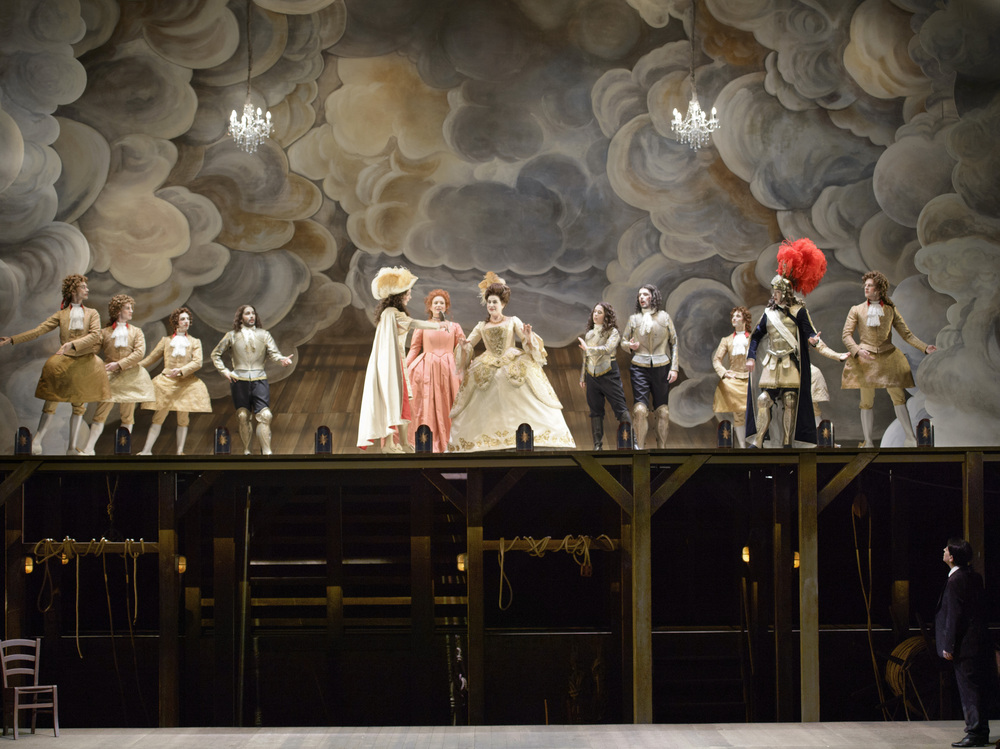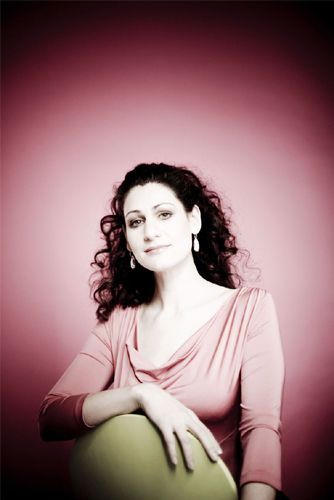

Paula Murrihy’s Ruggiero is the easily swayed dunderhead who is entrapped by Alcina. Meanwhile, the scene-stealing soprano Lucy Crowe finds in Morgana a flighty charm at every fabulously sung turn of phrase. Gauvin’s power lies in her capacity for demonstrating Alcina’s believably intense affection - however insincere - and stunningly sincere bitterness over rejection. Soprano Karina Gauvin, who sang the part of Morgana a dozen years ago in arguably the finest recording of the opera, is now a hardened-voiced Alcina. Right? The real genius of Handel is that we are the deluded. No one who sings such engrossing, and often ravishing, music with such candor can be all that bad. They carry us away with every memorable aria. We see ourselves, our own troubled impulses, in her and, to some extent, in her helpmate Morgana. Although she is portrayed as the villain, Alcina’s suffering is universal. The banality of evil is, for Handel, too banal. Alcina and Morgana get the most extravagant arias. The lovers, Bradamante and Ruggiero, are reunited.īut it is not that easy. The beasts and other bits of scenery become men once more. It ends with the defeat of Alcina and Morgana.

The intended and unintended consequences that these revelations have on the characters lead to jealousy, disillusionment, momentary joy - and, ultimately, devastating hurt, seeming triumph, even a pause to admire nature, as aria follows aria on this dystopian isle. (The role of Oberto, a young man whose father had once turned Alcina into a tiger, also would have been performed by a woman had the role not been been cut from the show.) What emerges is a feast of vocalism from four multidimensional characters - played by women - who go through epic transformation, and two stock-character men who don’t. Alcina’s sister, the likable and fickle Morgana, immediately falls in love with Bradamante, who she believes is a man. A dashing knight, Ruggiero, who has been seduced by Alcina, is freed from her spell by his fiancée, Bradamante, who arrives in drag disguised as Alcina’s brother, Ricciardo. This fantasy centers on the sorceress Alcina, who lures lovers to her island and then transforms them into beasts, rocks or other bits of scenery. Lightly trimmed, it clocked in at three hours and 40 minutes at the Chandler. Had it been performed in its completion by the English Concert and singers, the performance would have lasted well over four hours.
#Alcina la opera series
“Alcina” accomplishes this with little more than a series of marvelous arias - showy, merry, sweet, angry, amusing, seductive, pastorale, heartbreaking, feverish, mystifying - patched together with a recitative that can make unpacking a gender-bending narrative such as this one a challenge. On Tuesday night, Los Angeles Opera imported London-based period-instrument the English Concert - led by its artistic director, Harry Bicket, and a cast of superb singers - for the first of two concert performances at the Dorothy Chandler Pavilion (it plays again Friday). Handel’s late opera “Alcina” is one irresistible example of the extravagant angst and allure they provide. Dissimulation and enchanted islands alike were catnip to 18th century opera composers, as they have been in literature and myth through the ages. As if Facebook hadn’t already offered reason to fret over the amplification of fake news, now comes the prospect of an enchanted digital island, a so-called metaverse, in which our illusions, be they benign or ill-intentioned, may run free.


 0 kommentar(er)
0 kommentar(er)
